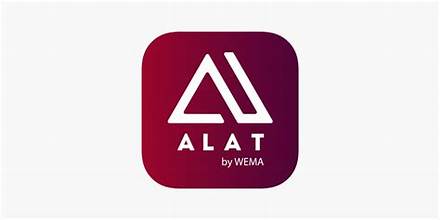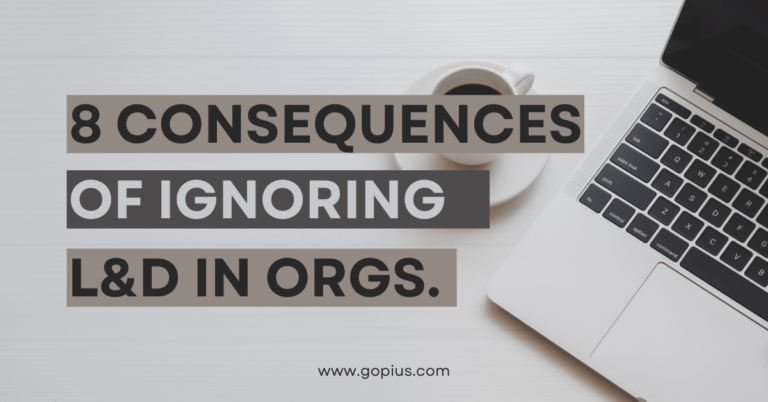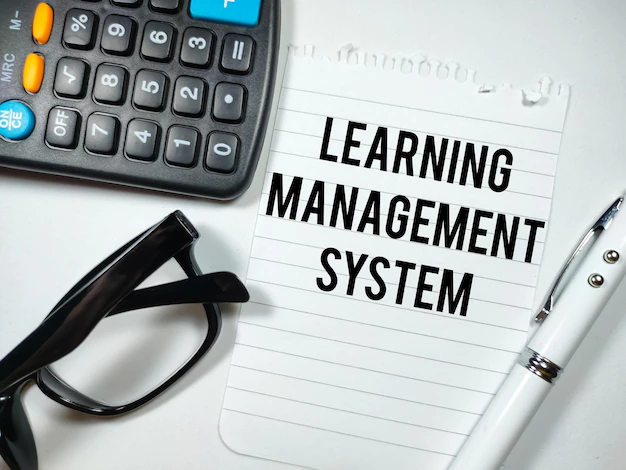Hard Skills Vs. Soft Skills: What Do Employers Need The Most?

Hard Skills Vs. Soft Skills – Nowadays, recruiters are focusing more on hiring people with the right skills rather than just looking at their resumes.
They often check the candidates’ abilities with tests to see if they have the right combination of both people skills and technical skills.
In general, many companies want to hire people who can adjust to any situation. For example, if you hire someone because they are good at talking with others, they might not be good at the technical parts of their job.
If you hire someone for their specific skills, they might be good at certain things but struggle to work well with others.
In this article, we will help you figure out what is important when choosing candidates and how to find a good mix of people who have both good people skills and strong technical skills.
Read: Gamification of Soft Skills For Leadership Development
Important of Hard Skills
Strong skills are the most important things a candidate has. They can be noticed and checked, which is why they are appealing for hiring.
Knowing a lot about SEO, coding, programming, graphic design, and social media ads are important skills that can help you do well in job interviews and move forward in your career.
For example, if you need to complete a project soon, you won’t be able to do it well without good time management skills, even if you are really good at your job.
What are Soft Skills?
They are qualities that affect how you interact with others in your personal and work life, and they are not specific to any one industry. Even if you know a lot about your job, not talking well with your co-workers will hold you back.
Additionally, in a team, it’s not only about who is the most skilled but also about who can teach others and work well with the team.
Hard Skills Vs. Soft Skills: The Chosen Ones
Adaptability
It could be a new job, new things to do, or joining a different group. In busy workplaces, things are always changing. Therefore, recruiters often look for people who are comfortable with change, stay relaxed, and can think of new plans and strategies quickly when unexpected situations arise.
Collaboration and Communication
With more people working from home, companies want employees who can work well without being in the office with their coworkers.
In close teams, people help each other, share ideas, exchange opinions, and receive help from different directions. Hiring managers pay attention to people’s teamwork skills, because they know that one person’s work can affect how well everyone else does. It’s about using your abilities on big projects and talking well with others so your work fits with their work.
Data Analysis
Data analysis is very important right now because there is too much information in every industry. If you work in sales, marketing, or IT, you probably have a lot of data around you.
Make sure you understand how to understand information, see it in your mind, and find patterns that others might not see. Analyzing data helps you find good candidates for jobs and makes it easier to make good choices.
Tech Savviness
Every day, new technologies are being created and they are changing how many industries operate. Recruiters want to find people who are good with computers and feel at ease using different types of digital tools.
Being good with technology is a tough skill, but you don’t have to be an expert in every program. Instead, it’s about learning how to use them to get more work done and come up with new ideas.
How To Balance Between Hard Skills And Soft Skills
Assessment of Skills
Skill assessments help employers find the right person for the job who has both the technical skills and gets along well with others.
To begin, they need to understand that different skills need different tests to measure them. You can see how someone acts in different situations by asking them about past experiences and testing their decision-making skills.
Hard skills tests are about doing things and showing what you can do. This could be through exams, getting certificates, or showing how you can do something.
To learn more about your employees’ skills, try using different assessments together. For instance, use real-life situations in virtual simulations or certifications to assess both social and technical abilities.
Constant Feedback
Constant feedback can show how well both your people skills and technical skills are working together. If you see that some workers are really good at their jobs but have trouble with resolving disagreements, you don’t have to wait until the end of the year to talk about it.
Getting feedback is also important for recognizing when you have done well and when you have improved.
For example, if a worker has gotten better at their communication and teamwork, telling them so can make them feel good and keep them wanting to do well.
Training
Training helps employees who are used to working alone become better at working with others, and employees with great personalities become really good at their jobs. This helps you have a good mix of both social skills and job skills.
When making a training plan for your employees, make sure it fits their skills and helps them improve. Likewise, if a worker is great at working with others but struggles with using new computer programs, they should work on improving their technical skills.
Conclusion
It’s important to find the right people for the job, and it’s even better if they have a good combination of both people skills and technical skills.
It might seem like a good idea to choose someone with a lot of educational qualifications, but first, check how well they work with others and communicate with others.
This can help you see if they will work well with your team and if they are willing to share their knowledge and learn new things.
With this method, you get the company ready for the future and bring in people who fit in with your culture and are also valuable.







